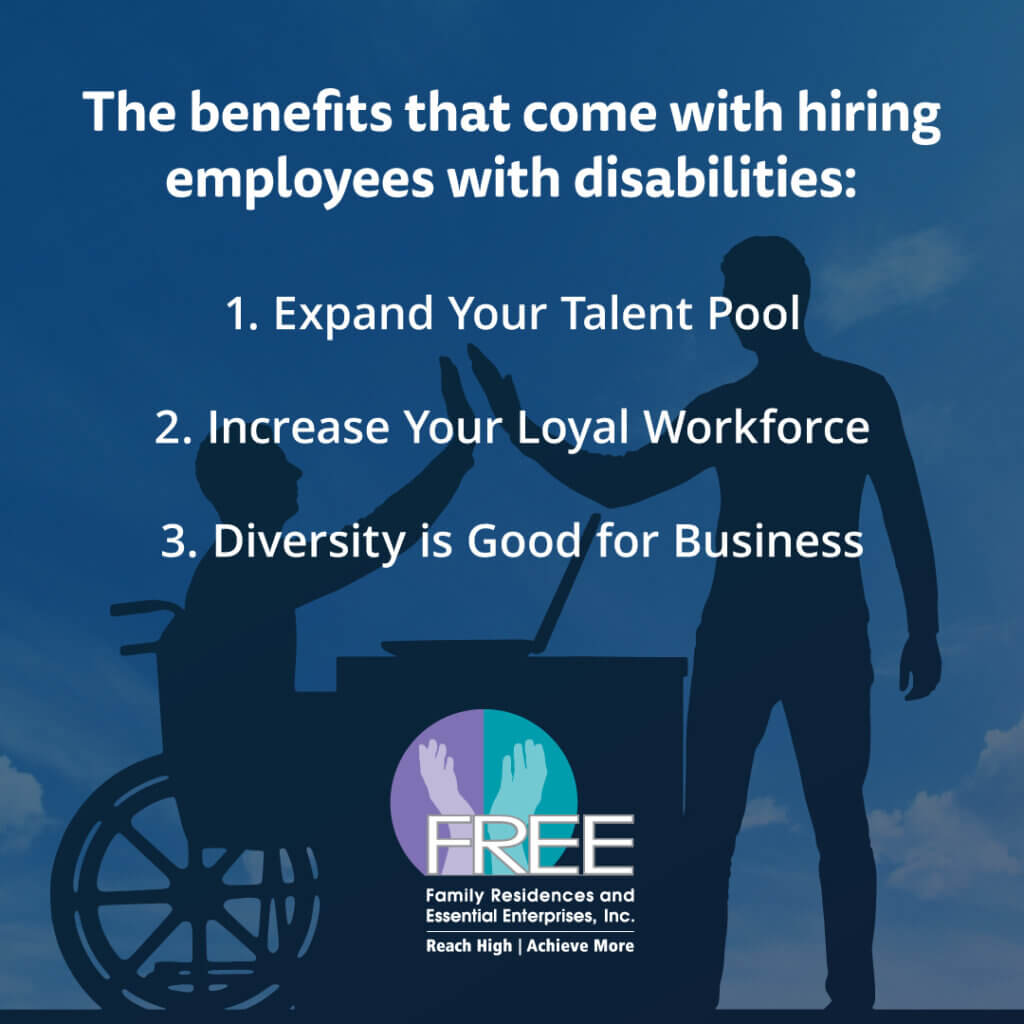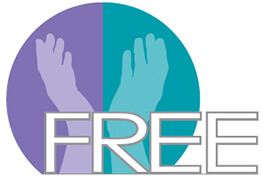NDEAM Awareness Month
October 8, 2020 | News
Held each October, #NDEAM aims to educate about disability employment issues and celebrate the many and varied contributions of America’s workers with disabilities. Throughout the month, we’ll work to educate you on disability employment issues and offer how employers can foster a disability-friendly work culture.

1. Expand Your Talent Pool
Sometimes it seems almost impossible to find qualified candidates for a position. But if you start recruiting individuals with disabilities, it expands your talent pool so that you can find better candidates.
And according to Work Without Limits, a network that aims to increase employment among individuals with disabilities, “Individuals with disabilities represent an untapped candidate pool for businesses. Recruiting and retaining people with disabilities is one approach to counter the effects of the aging and shrinking workforce.”
2. Increase Your Loyal Workforce
People with disabilities want to work, and when they get the opportunity, they stay loyal. And according to a 2007 study from DePaul University, people with disabilities perform just the same as people without:
- Participants with disabilities from the retail and hospitality sectors stayed on the job longer than participants without disabilities.
- Across all sectors, participants with disabilities had fewer scheduled absences than those without disabilities.
- Retail participants with disabilities had fewer days of unscheduled absences than those without disabilities.
- Regardless of sector, participants with and without disabilities had nearly identical job performance ratings.
- The number of worker’s compensation claims of retail participants with and without disabilities was equivalent.
3. Diversity is Good for Business
When people who have diverse experiences work together, they can come up with creative solutions to problems because they have a better understanding of your customer base.
As an added bonus, people with disabilities have additional insight into your customers who have disabilities, which can help you tailor your products and services better. This is especially important in untapped markets where people with disabilities have not been focused on.
Plus, EARN reports, “Customers with disabilities and their families, friends, and associates represent a trillion-dollar market segment. They, like other market segments, purchase products and services from companies that best meet their needs. A large number of Americans also say they prefer to patronize businesses that hire people with disabilities.”

